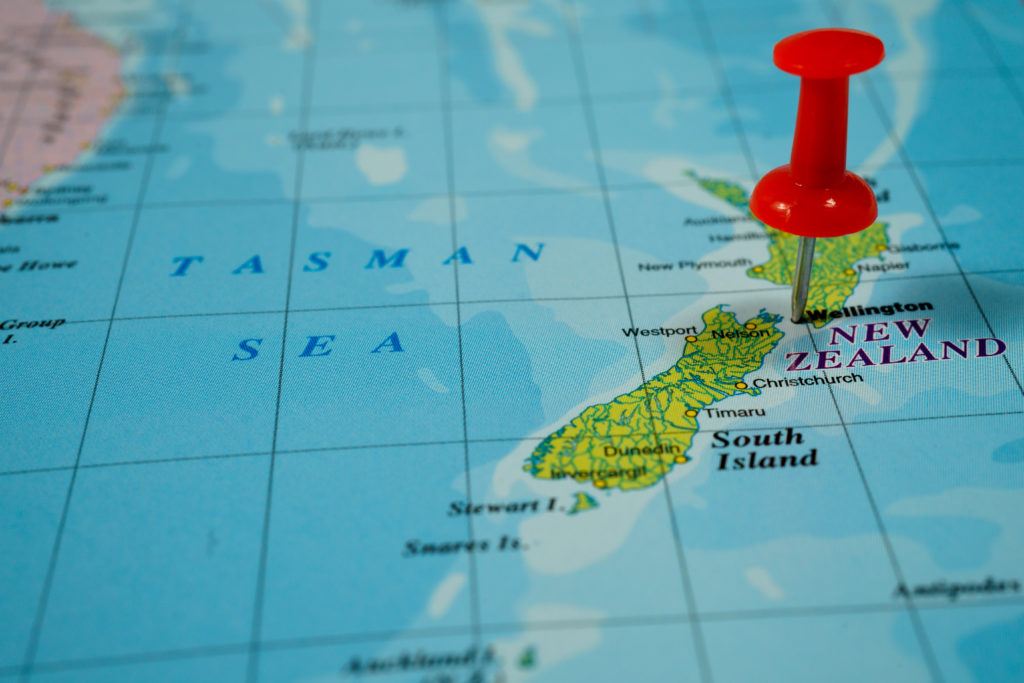
New Zealand’s Ministry of Health has approved the world’s first randomized, controlled trial on microdosing LSD. Specifically, the study will be gathering data to understand better if and how microdosing has positive effects on a person’s mood, awareness, and creativity. The study is lead by Dr. Suresh Muthukumaraswamy, an associate profession at the University of Auckland’s School of Pharmacy.
Designing the Study
The study will use 40 men, some who will receive a placebo and others LSD. Dr. Muthukumaraswamy makes it clear that they are not ignoring women in their research. They are taking into account the fact that female hormones affect some of the variables they will be measuring. If this study goes well, another will be planned using only women.
Studies that examine the effects of psychedelic drugs on mental conditions such as depression and addiction typically take place in a clinical setting. Because this study is focusing on the effects of psychedelics in everyday life, it is designed differently:
What separates this experiment from previous attempts is that instead of remaining supervised by a researcher, the test subjects are sent home with an LSD prescription, so the effect it has on daily life can be fully explored.
The study will be run under strict conditions. The subjects will take doses of LSD at precise times. The researchers will measure the effects on their mood, awareness, and creativity at precise times, too.
Although they have secured research funding for the study, the university is accepting donations to help offset the costs of working around the New Zealand government’s drug policy and dealing with the red tape. LSD has been outlawed in New Zealand since 1967.
When it Comes to the Benefits of Microdosing, the Jury is Still Out
In the past, PSR has written about the current state of microdosing psychedelics such as the article Microdosing Psychedelics: Does it Work? The evidence for microdosing’s beneficial effects on everyday life is mostly anecdotal. It also has several uncontrolled variables, including dose and set and setting. Microdosing with psychedelic mushrooms (aka magic mushrooms) has even more variables than LSD because of the multiple compounds present in them (aka the entourage effect).
There is a need for standardizing doses of psychedelics to achieve predictable, effective, and optimal results, whether for medical or everyday use. There is too much variability introduced into the anecdotal reports of microdosers to be a wise place to start creating formulations. Placebo-controlled studies such as this administering precise and accurate amounts of known compounds will answer many questions.

Good to do this .never to late to see the LITE,SPRIT, of ones soul.
Up until now one of the problems has been even defining what a “microdose” is. You can give a dose small enough to not “trip”, but maybe it’s way smaller than necessary, and so will show no effects in a study. A little too much and “trip time”. And its unclear if the right dose differs between individuals, and what frequency is best. A very challenging study, but it needs to be done, I wish them well.
At least these studies can be with a placebo. When used with macro-dosing it was extremely obvious who was on the trip and who wasn’t. Great idea and very glad to assist them in their quest for knowledge.
Good On Ya!!! Microdosing is saving lives everyday. Beating depression and PTSD. This study will be invaluable if conducted honestly and with integrity. Mental health and lives are valued above money. A healthy and happier world is possible. IMAGINE
How do we apply as research subjects? Asking for a friend…who may be willing to make a donation;)
Fantastic
Can I please be considered, and sent a form
Some people I believe just need that extra focus to help get past all the psychological and physiological problems that have plagued them from achieving their goals and enjoyment of life. So I’m excited about the outcome to this study, and wish them all the best.
How long after the trials will this be available for people with depression or addictive behaviors.
When is the female trial??? Has anything about this testing been released in the last 2 years???